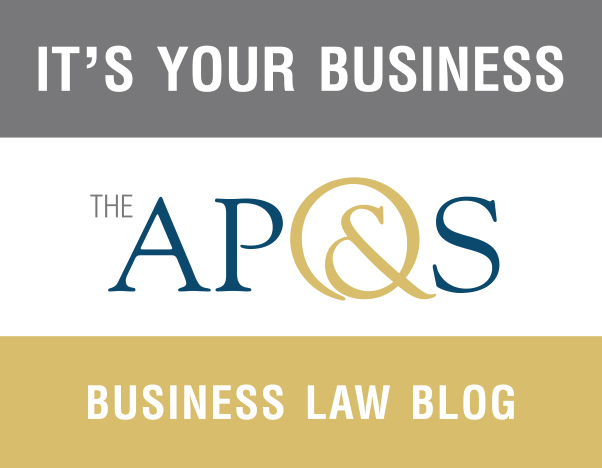According to the U.S. Centers for Disease Control and Prevention (“CDC”), Senior Living and Long Term Care facility populations are at the highest risk of being affected by COVID-19. As of March 13, 2020, Governor Gina Raimondo has restricted all visitors from all nursing facilities. In order to mitigate the risk of COVID-19 while ensuring compliance with all pertinent rules and regulations, facilities should keep in mind the following considerations:
HIPPA Considerations
HIPPA regulations must also be considered when assessing the implications of COVID-19 for Senior Living and Long Term Care facilities. Communication between employees, residents, residents’ families, federal and state health agencies is paramount in dealing with this outbreak. However increased and clearer communication does not mean that HIPPA regulations can be ignored, especially regulations pertaining to resident privacy. This is a great time to remind employees that pursuant to state and federal regulations (42 C.F.R. 483(h)), patient medical records are still confidential. HIPPA (42 C.F.R. 164.512(b)(1)(i)) permits, in pertinent part, disclosures to government health agencies without the residents’ authorization of disclosure to prevent or control disease, injury or disability. Resident confidentiality should still be a top priority even in the face of a health crisis. Consider whether your facility has contemplated how patient’s ethical and legal rights to confidentiality and privacy are affected by the reporting of any potential outbreak.
Employment Considerations
COVID-19 also creates challenges within the Employment law context for Senior Living and Long Term Care facilities. Reviewing safety programs and emergency preparedness with employees and staff is an important place to start. Protection and safety of employees must also be considered as the potential number of sick residents increases. Protocols establishing priority for the rapid vaccination or administration of antiviral medication to health care personnel should also be implemented. The CDC also recommends identifying dedicated employees to care for COVID-19 patients and provide these employees with infection control training. Further consideration must also be given to your facility’s sick leave policy. These policies may need to be flexible as staff absences may increase due to the employee’s own illness or a family member’s illness. Finally, remind supervisors and managers that in making any COVID-19-related employment decisions factors such as race or country of origin may not be considered. As this virus continues to develop it is important to check in with updates from the CDC, OSHA, and state and local health agencies to assess whether employment policies and emergency preparedness plans need to be modified.
Compliance Considerations
Please also be aware that COVID-19 is impacting Centers for Medicare & Medicaid Services (“CMS”) surveys. CMS announced on March 4, 2020 that it was suspending non-emergency survey inspections. While CMS is not suspending the requirement that surveys be unannounced, CMS is limiting surveys in order of priority to:
- Immediate jeopardy (“IJ”) complaints and allegations of abuse and neglect;
- Complaints alleging infection control concerns, including facilities with COVID-19 concerns;
- Statutorily required recertification surveys;
- Any re-visits necessary to resolve current enforcement actions;
- Initial certifications;
- Surveys of facilities that have a history of infection control deficiencies at the IJ level in the last three years; and
- Surveys of facilities that have a history of infection control deficiencies at lower levels than IJ.
An on-site survey of a facility that has a COVID-19 confirmed case or presumptive case will be conducted by the CMS Regional locations if the reported conditions are triaged at an IJ level. On-site surveys will also be authorized when the complaint reports an incident involving infection control concerns at the facility. If conditions do not rise to the IJ level, desk audits will be performed and on-site investigations may only be performed once all active and suspected cases of COVID-19 are cleared from the facility.








